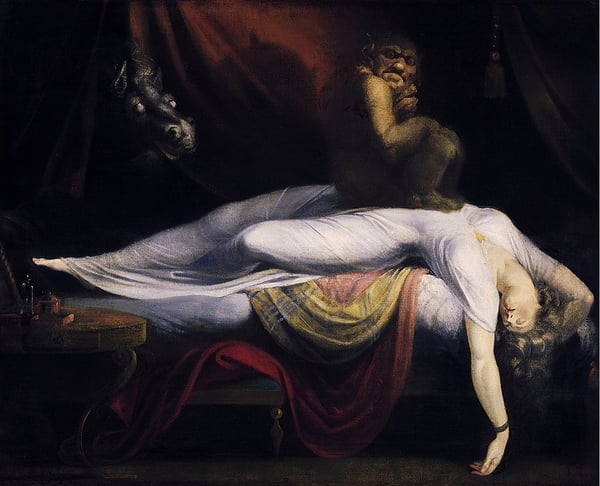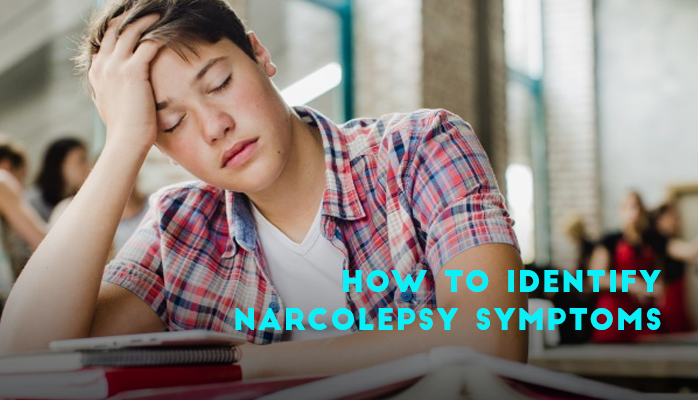What is Narcolepsy
Narcolepsy is a sleep disorder characterized by a frequent and sometimes uncontrollable desire for sleep. This can result into sudden lapses into sleep anytime, anyplace. The result is that normal patterns and rhythms of sleeping become abnormal. In fact, narcolepsy can be extremely disruptive for living the kind of life you want, and often requires intervention in order to allow people to function desirably.
A component of Narcolepsy that many (about 75%) also suffer from is called Cataplexy. Cataplexy is an episode in which strong emotion causes a sudden loss of muscle tone, which is what keeps our bodies upright.
There are two types of Narcolepsy:
- Type 1: includes the presence of Cataplexy
- Type 2: does not include Cataplexy
Narcolepsy Symptoms and Explanations
Sleep attacks
Sleep attacks are a common symptom of Narcolepsy. A sleep attack is a sudden onset of extreme sleepiness. It feels the same as “hitting your wall” at night, except it will happen during the daytime for no reason. Sleep attacks can be so extreme that sufferers can’t deny the sleep, and so they fall asleep suddenly.
Cataplexy
Cataplexy, as discussed earlier, is an episode in which you receive sudden loss of muscle tone, causing slackness. This can be isolated, such as having slack jaw, or it can happen to your entire body, causing you to collapse. Cataplexy is caused in response to strong emotion.
Sleep paralysis
Sleep paralysis causes a temporary inability to move or speak right after waking up or right before going to sleep. It can last for only a few moments or upwards of a minute, and naturally is quite terrifying. Some people even report brief periods of being unable to breathe.
 Sleep paralysis can be a terrifying experience where you are unable to move just after/before sleep - it's a common symptom of narcolepsy
Sleep paralysis can be a terrifying experience where you are unable to move just after/before sleep - it's a common symptom of narcolepsy
Hallucinations
About half of people with Narcolepsy will also experience hallucinations before falling asleep or right after waking up, which will take the form of dream-like visions or delusions. They may involve several sensations at the same time as opposed to just visual experiences. This happens as a result of REM sleep showing up when it isn’t supposed to.
Sleep Deprivation
Sleep deprivation is also common in people who suffer from Narcolepsy. This is caused by irregular sleep patterns.
How to Identify Narcolepsy Symptoms
Unlike other sleep disorders, such as sleep apnea, where another person can be instrumental in helping you identify your potential sleep disorder, Narcolepsy symptoms are often identifiable by the person suffering from it.
Some questions to ask yourself are:
- Do you suffer from sudden, unexplained sleepiness that’s not related to other factors (i.e., sugar crash)?
- Do you sometimes wake up in inappropriate places, like work, and not remember falling asleep?
- Do you have bouts of being unable to move before sleep or after waking up?
Dangers of Narcolepsy Symptoms
Sudden onsets of sleep attacks can be dangerous in a number of scenarios, be it physical danger or general dangers to normal life functioning. This is especially in cases of severe narcolepsy where sudden onset of sleep happens. Any of the following will either be prohibited or require additional care:
- Driving
- Job consistency
- Using heavy/risky machinery
- Doing high risk work (surgery, oil and gas, fishing)
- Parenting and pregnancy with narcolepsy have a whole host of smaller concerns
- Sleep deprivation also comes with a host of other serious concerns as well, due to sleep deprivation
- How to Get Narcolepsy Symptoms Under Control
Currently there is no cure for Narcolepsy, and management can involve a lot of medications, and unfortunately medications don’t always affect people in the same way. Managing Narcolepsy will require careful attention to many things people without Narcolepsy don’t have to be concerned about. For example:
- Certain activities will be off limits
- Certain jobs will be off limits
- Managing daily life will require “work around”, such as being able to take a nap at work if needed
- Coffee is a double edged sword, helping through sleep attacks but further inhibiting normalizing sleeping patterns
- Sleep partners should be aware of hallucinations and sleep paralysis, which can be scary for them if they don’t know how to identify and react to it
- For Cataplexy, Narcoleptics may need to practice exercises to avoid strong emotional reactions, such as meditation, yoga, breathing techniques, etc.
Diagnosis requires a sleep study. If you struggle with or experience some of the symptoms or signs described in this article, please do not delay. Click the orange button below to take a free online sleep test and speak with a professional today.


